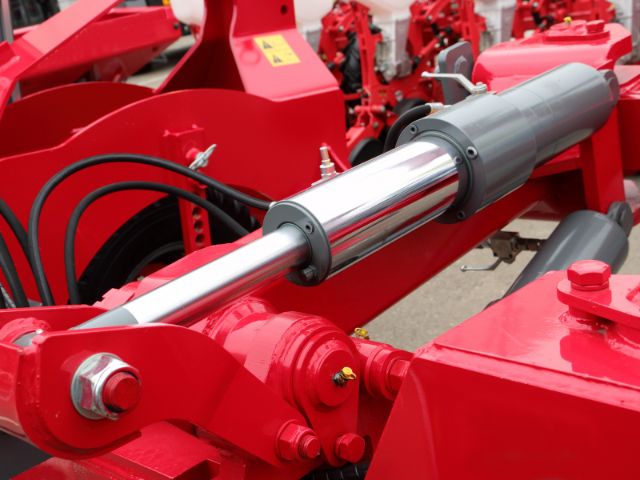
Hydraulic cylinders are essential components in a wide range of industries, from construction and manufacturing to transportation and agriculture. They play a significant role in converting fluid power into linear motion, making it possible for machines and equipment to operate efficiently and safely. That’s why understanding everything you need to know about hydraulic cylinder repair is crucial for any manager in a field that relies on these systems.
One of the key aspects to consider when dealing with hydraulic cylinders is recognizing the signs of damage. Common indicators of potential problems include leaking hydraulic fluid, sluggish movement, increased noise, and diminished force output. These issues may stem from worn seals, misalignment, internal corrosion, or damaged piston rods. Addressing these concerns early on can prevent more extensive and costly damage to your equipment in the future.
When faced with a faulty hydraulic cylinder, you must know what to look for in a hydraulic cylinder repair company, such as experience, credibility, and a track record of success. Take the time to research different providers, check customer testimonials, and verify certifications. Working with a reputable service ensures that your cylinders are repaired to the highest standards and prevents the risk of recurring issues or further damage.
The hydraulic cylinder repair process begins with a thorough inspection to identify the underlying issue. This may involve disassembling the unit to examine internal components, checking seals and clearances, and conducting pressure tests. Once the technician diagnoses the problem, they will either repair or replace the damaged parts as necessary, ensuring they reassemble all components correctly and calibrate the system for optimal performance. However, each repair scenario is unique, and an experienced professional will navigate the potential challenges to restore your hydraulic cylinder to full functionality.
Lastly, emphasizing proper maintenance and preventive measures is essential for prolonging the life of your hydraulic cylinders and minimizing the need for future repairs. This includes regular visual inspections, lubrication of moving parts, keeping the system free of contaminants, and adhering to manufacturer-specified maintenance schedules. Implementing these measures saves money on repairs and ensures the efficient and reliable operation of your hydraulic cylinders.
Grasping everything you need to know about hydraulic cylinder repair is vital for the management and operation of machines in various industries. Identifying damage, selecting a skilled repair service, understanding the repair process, and applying preventive maintenance measures are all key in maintaining optimum performance and longevity for your hydraulic cylinders. Keep these points in mind to safeguard your equipment and ensure that your business can continue to run smoothly and efficiently.
24World Media does not take any responsibility of the information you see on this page. The content this page contains is from independent third-party content provider. If you have any concerns regarding the content, please free to write us here: contact@24worldmedia.com